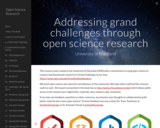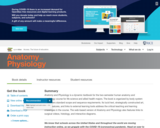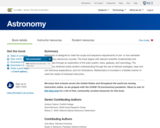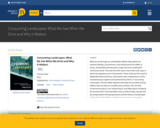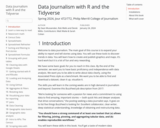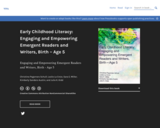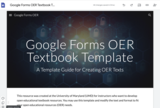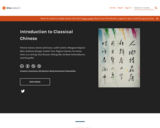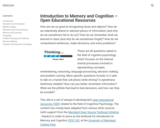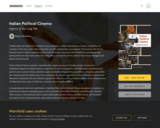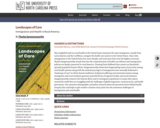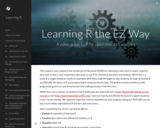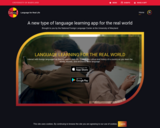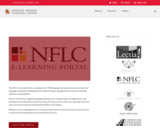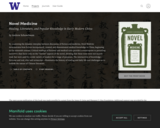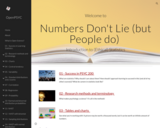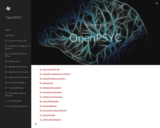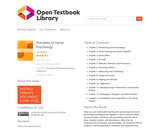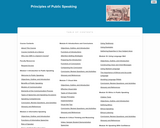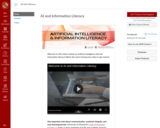
This online module on artificial intelligence (AI) and information literacy covers how to understand, assess, cite, and use AI tools.
Students should expect to spend about 1-2 hours reading/watching the information in this module and completing a couple short quizzes and activities. Learning outcomes:
- Explain generally how AI-based tools work as well as their benefits and risks.
- Recognize when AI gives inaccurate or misleading answers, and fact-check AI output.
- Cite AI-generated work.
- Begin exploring creative ways to use these tools.
Canvas Commons version that includes quizzes is also available for reuse in Canvas-based courses.
Explore the LibGuide version here: https://lib.guides.umd.edu/AI
Developed by the Libraries and the Teaching and Learning Transformation Center (TLTC) at the University of Maryland. Special thanks to The Institute for Trustworthy AI in Law & Society (TRAILS) for their collaboration.
- Subject:
- Applied Science
- Education
- Educational Technology
- Higher Education
- Information Science
- Professional Development
- Teaching and Learning
- Material Type:
- Assessment
- Interactive
- Lecture
- Module
- Author:
- Daria Yocco
- Mona Thompson
- University of Maryland
- Benjamin Shaw
- Date Added:
- 04/30/2024

